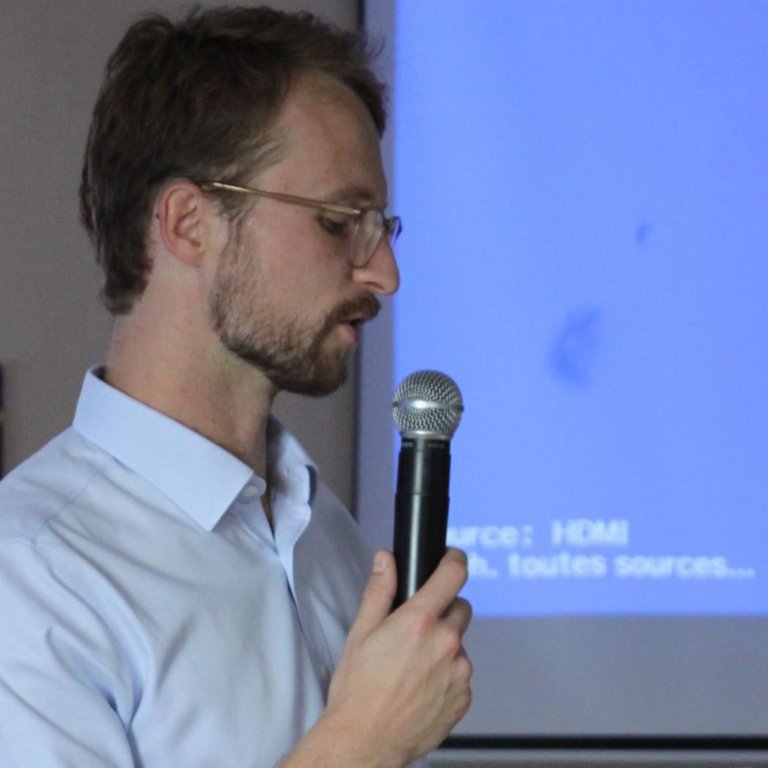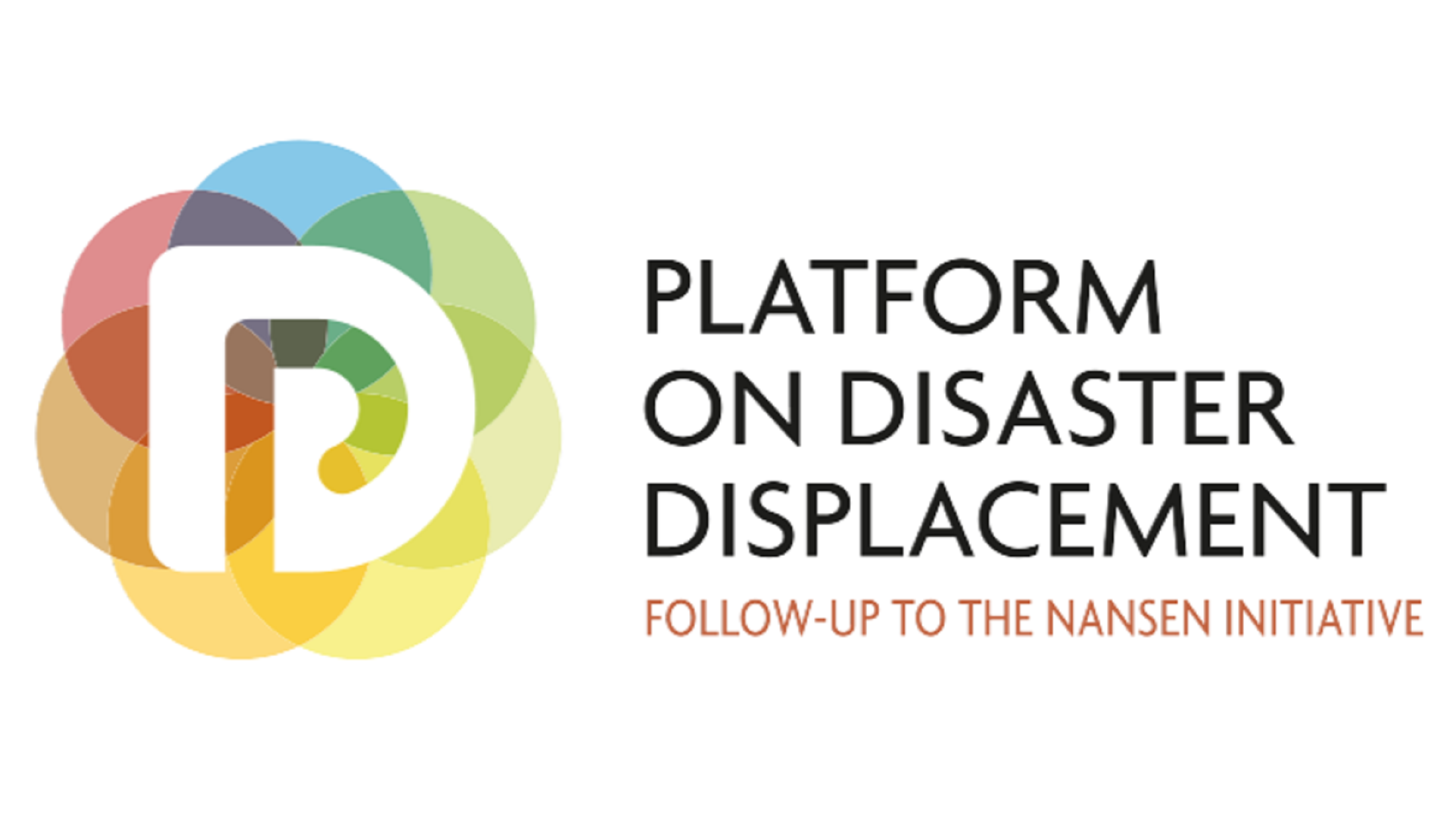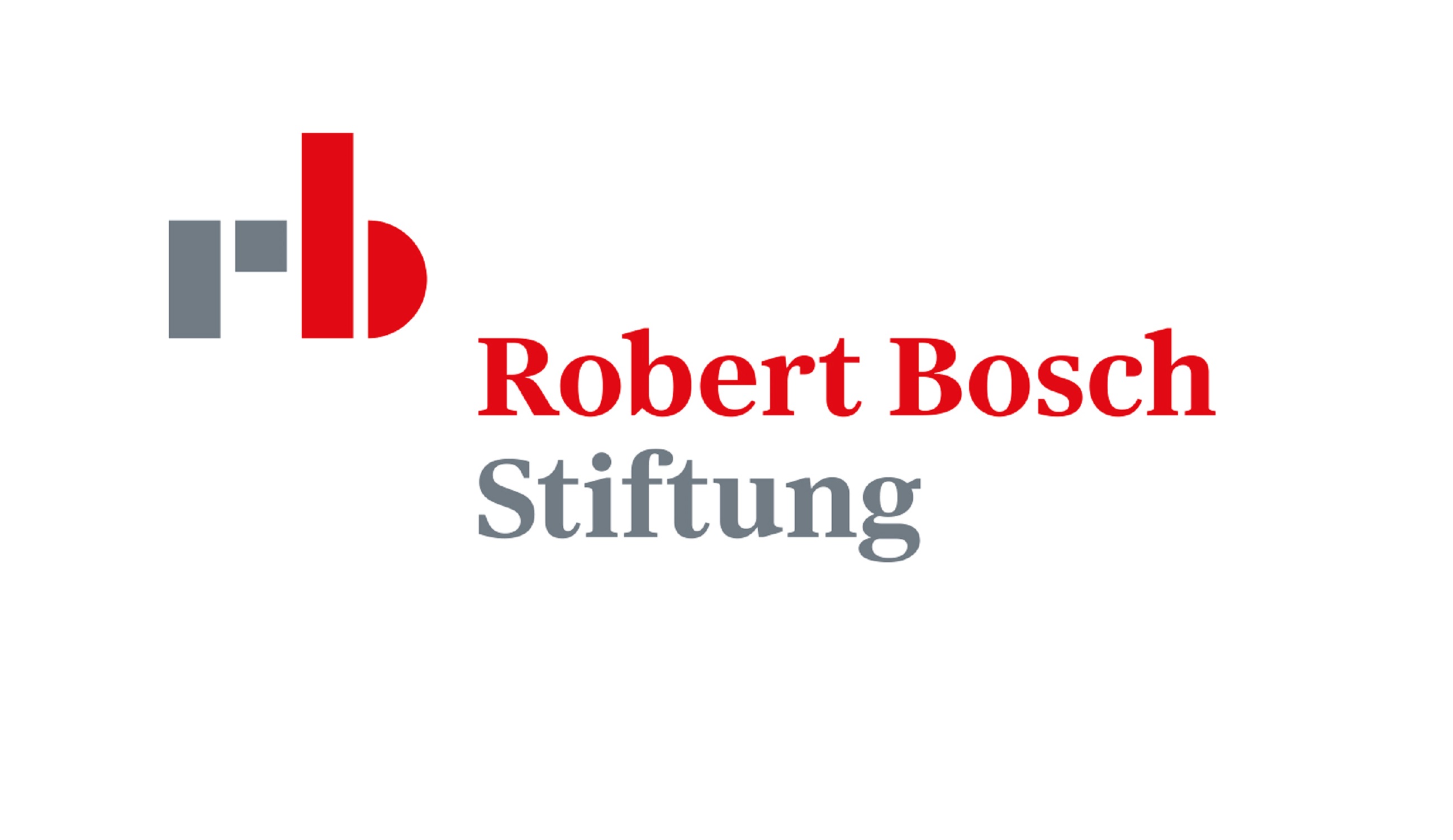
A social simulation for sustainable action in planned relocation
Climate Academy Follow-Up
properties.trackTitle
properties.trackSubtitle

Social simulation of a serious case
The reality is that many policy makers are unprepared for this increasing necessity. This harbours high risks. The number of failed planned relocations is immensely high, while the number of blueprints worth copying seems unfortunately low – as the analyses of our participants showed. This is due to the fact that there are still no globally accepted standards for planned relocations. There are a few manuals available, but most of them follow a top-down approach that does not take the social needs of those to be resettled into account, or only inadequately account for context. Unfortunately, this often leads to wrong paths of action by decision-makers, which in turn leads to non-participatory resettlement strategies. With this project, we want to help ensure that decision-makers are aware of the benefits of inclusion: resettlement has many more positive impacts on peoples’ lives when the process is participatory and people-centred. We aim to contribute to changing the mindset of decision-makers and practitioners alike.
Under the direction of Dr. David Durand-Delacre (UNU-EHS), a social simulation exercise will be developed. Social simulations are akin to serious games and policy exercises. Through game-like mechanics and immersive roleplay, social simulations allow diverse stakeholders to test possible strategies, decisions, and modes of cooperation and communication, and see the consequences of their actions unfold. the simulation will also illustrate a wide diversity of perspectives, emphasizing the importance of empathy in multi-stakeholder dialogue and conflict resolution. It will highlight the many cultural, social, and political dimensions of planned relocation that go beyond the actual move. Players will need to deploy systems thinking and balance the various trade-offs involved.

Our approach is to produce an engaging, free-of charge social simulation that encourages policy experimentation, empathy and mutual understanding.
Country counselling for national adaptation strategies
In addition to the social simulation, we support UNU-EHS in another area to further disseminate the Academy's findings. The policy brief and recommendations developed by the participating experts will only be effective if they are followed by political decision-makers. We will promote this in various ways in 2024. UNU experts will attend and present at UN conferences such as the Bonn Climate Talks, COP29 in Baku and similar events. In addition, UNU in Bonn increasingly acts as an advisor to country delegates of the Global South. Many developing countries are currently revising their national climate change adaptation strategies (NAPs). They want to understand new scientific findings and incorporate them into their new plans and resulting actions. And this is where our Academy results come into play: when acting as a consultant, UNU can use the expert knowledge it has gathered in our academies to integrate it directly into the countries’ NAP design.
With these two action paths, we ensure that the results of the academies are translated into political action.
5 March 2024
Further information and news
.jpg/_jcr_content/renditions/crop-2x1-768.jpg./crop-2x1-768.jpg)

.JPG/_jcr_content/renditions/original./2025%20Social%20Simulation%20(5).JPG)






